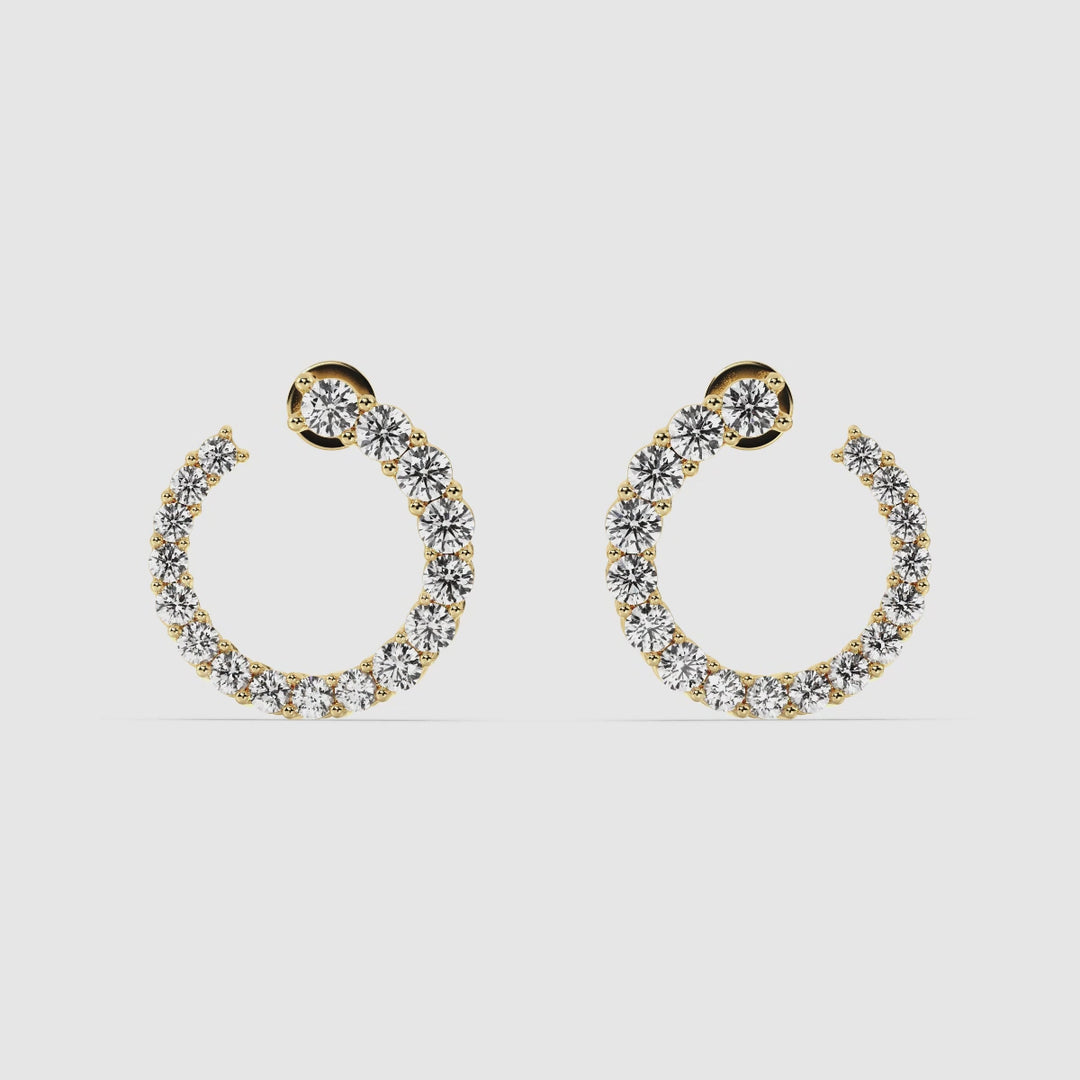
Understanding Various Forms of Gold
While learning how to buy gold, the initial step is to understand the various forms it can take. Gold is available in several formats, including bars, coins, and jewelry. Gold bars are typically purchased by weight and immaculateness, making them a favored decision for serious investors. Coins, for example, American Gold Eagles or Canadian Gold Maple Leafs, are also popular and frequently have collectible value. Gold jewelry, while also a form of gold investment, usually accompanies a higher markup because of craftsmanship and plan. Knowing which form of gold suits your investment strategy is crucial.
Setting Your Financial plan and Goals
Before buying gold, it’s important to set a financial plan and define your investment goals. Determine how much you are willing to spend and what you aim to achieve with your gold investment. Are you buying gold for long-term wealth preservation, momentary gains, or as a fence against inflation? Your spending plan and goals will guide your purchasing decisions and assist you with choosing the right sort of gold.
Researching Gold Prices and Market Patterns
To make an informed purchase, researching gold prices and market patterns is essential. Gold prices fluctuate based on various factors, including economic conditions, geopolitical occasions, and market demand. Monitor the ongoing gold price per ounce and notice patterns in the market to determine the best opportunity to buy gold. Reliable financial news sources and product market reports can provide valuable insights.
Choosing a Reputable Gold Dealer
At the point when you’re ready to buy gold, it is critical to pick a reputable dealer. Search for established and believed dealers who offer transparency and fair pricing. Reputable dealers ought to provide certification of authenticity and have positive customer audits. You can buy gold from online dealers, local bullion shops, or financial institutions. Guarantee that the dealer you pick is very much regarded in the industry to avoid potential scams or issues.
Understanding Gold Virtue and Certification
Gold immaculateness is a critical factor in determining its value. Gold is measured in karats (for jewelry) or fineness (for bullion), with unadulterated gold being 24 karats or 999.9 fineness. While gold buyers, guarantee that it accompanies certification of its virtue and authenticity. Certification is especially important for gold bars and coins, as it checks that the gold satisfies industry guidelines and is genuine.
Comparing Prices and Expenses
Before finalizing your purchase, compare prices and expenses associated with buying gold. Various dealers may offer varying expenses over the spot price of gold. Additionally, consider any additional expenses, like shipping, insurance, or transaction charges. Comparing prices and understanding the total expense will assist you with making a more practical purchase.
Storage and Security
Once you’ve purchased gold, appropriate storage and security are paramount. Decide how you will store your gold to guarantee its safety. Options include home safes, safety store boxes at banks, or professional vault administrations. Each option has its advantages and expenses, so pick one that best meets your requirements and provides peace of mind.
Tax Implications and Regulations
Understanding the tax implications and regulations related to buying gold is important for compliance and financial planning. In many regions, gold investments are dependent upon capital gains tax when sold. It’s essential to know about any tax liabilities and reporting requirements associated with your gold investment. Consulting with a tax advisor can assist you with navigating these considerations successfully.
Monitoring Your Investment
After purchasing gold, it is essential to ongoing monitoring of your investment. Monitor market patterns, gold prices, and economic factors that may affect the value of your gold. Regularly reviewing your investment can assist you with making informed decisions about when to buy more or sell your gold, based on your financial goals and market conditions.
Conclusion
Knowing how to buy gold involves understanding the various forms of gold, setting a financial plan, researching prices, and choosing a reputable dealer. By considering factors like gold immaculateness, pricing, storage, and tax implications, you can make all around informed decisions and effectively incorporate gold into your investment strategy. Whether you’re buying gold for long-term security or as a momentary investment, following these means will assist you with achieving your financial goals.






